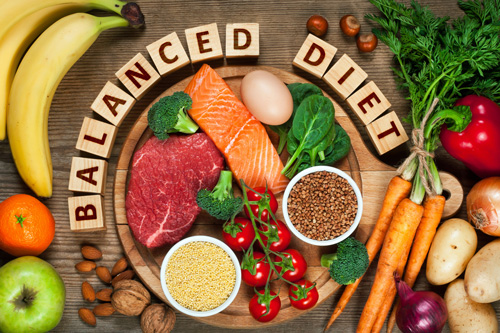Welcome! Congratulations on starting your first year of graduate school!
It will be a long and treacherous journey, but you will definitely overcome all the hurdles necessary. Before you know it, you will be graduating with that degree! One of the biggest things that is overlooked in graduate school is maintaining a healthy lifestyle. We often get consumed with exams and proficiencies and do not think about what goes into our body. Research has shown that a healthy diet is important for our brain health and promoting mental performance. I’m here to give you some important vitamins or nutrients to incorporate in your meals!
Omega-3 Fatty acids are an important nutrient to intake everyday. It consists of 2 different ones known as EPA and DHA. DHA is found especially in the retina and brain. Both provide many benefits such as anti-inflammatory, lowering of triglyceride levels, improving dry eyes, and much more. Easy sources of omega-3 are from anchovies, bluefish, salmon, sardines, and tuna.
Vitamin C plays a major role for bone and blood vessel health, wound healing, immune function, antioxidant, and the absorption of iron. Vitamin C is probably one of the easiest things to add to one’s diet. You can add 1 serving of fruit as a snack each day. Some sources of vitamin C are citrus fruits, tomatoes, broccoli, and sweet peppers.
Folate or Vitamin B-9 is a common deficiency found in the United States. Folate plays a major role in red blood cell formation, healthy cell growth and function. This is also an important supplement to take during early pregnancy to prevent birth defects. Common foods that have folate are dark green leafy vegetables, beans, peanuts, and whole grains. Although this is hard to implement, setting goals for each week can help you get into the habit of eating these healthy foods!
Calcium is used for building bones and teeth, muscle contractions and enabling blood clots. Calcium is one of the most common deficiencies in the United states. Deficiencies can cause fragile bones, and irreversible changes to the skeletal structure. Foods that have a good amount of calcium are milk, yogurt, cheese and calcium fortified drinks such as almond and oat milk. I typically drink a cup of oat milk and eat a yogurt everyday to maintain the minimum intake.
Good Luck with studying and remember a healthy body is a healthy mind!

